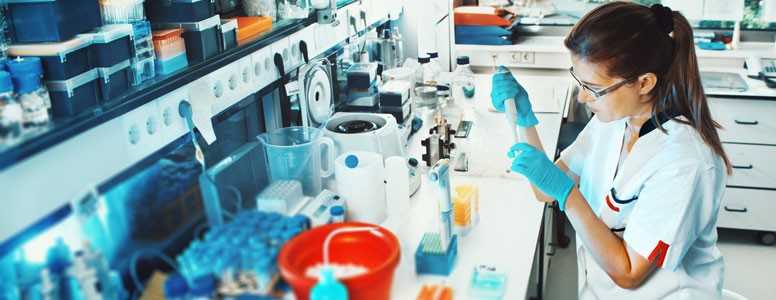Australian researchers have shed doubt on studies suggesting that sitting could increase the risk of a person developing type 2 diabetes.
More than 4,000 middle-aged, office-based participants took part in this new study, led by the University of Sydney.
The research team wanted to find whether there was a link between “sitting behaviours” and the risk of developing type 2 diabetes. Their findings have been published in the British Journal of Sports Medicine.
At the beginning of the study, which began in 1998, none of the participants had diabetes or any cardiovascular-related illnesses.
They were asked to record how much time they spent sitting down throughout a normal day, including time spent at homen, commuting and at home watching television.
During a follow-up appointment in 2011 their blood sugar levels were monitored; in total 402 cases of type 2 diabetes were reported. But there was little evidence to suggest an association between sitting and diabetes risk.
“Sitting has attracted a lot of publicity in recent years for being as dangerous as smoking and for being harmful regardless of how physically active people are,” said lead author Associate Professor Emmanuel Stamatakis.
“However this is one of the very few long-term studies to investigate whether there is a link between sitting behaviours and risk of development of diabetes.”
“While these findings don’t exonerate sitting, they do suggest that there is far more at play than we previously realised when it comes to sedentary behaviours and the health risks associated with extended sitting,”
Because findings related to time spent watching television and sitting down were uncorrelated to diabetes risk, Stamaskis and colleagyes believe health risks attenuated to TV are more likely due to other factors, such as unhealthy eating.
In January, the University of Leicester reported that sitting less could reduce fasting insulin levels, but these findings did not show how varied levels of activity could effect type 2 diabetes risk.
What's new on the forum? ⭐️
Get our free newsletters
Stay up to date with the latest news, research and breakthroughs.





